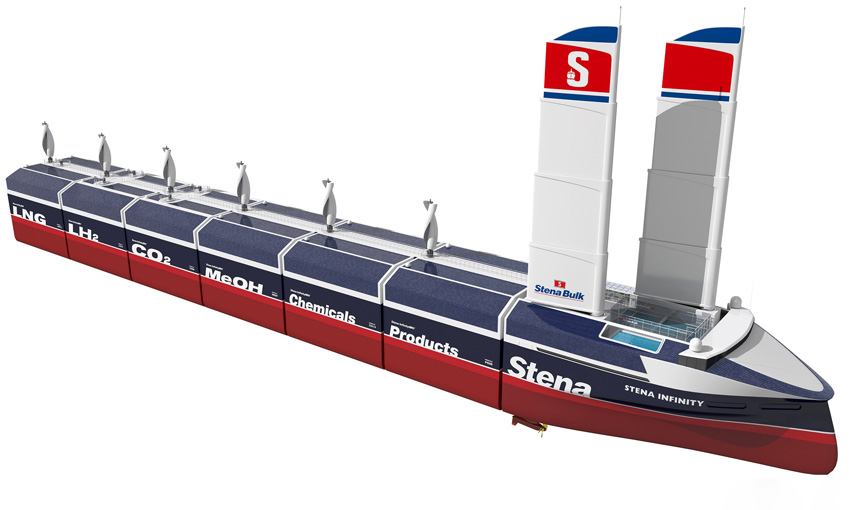TANKER shipping company Stena Bulk set out five dated decarbonisation targets that form a comprehensive roadmap for the company to become a net zero business by 2050.
Stena Bulk president and CEO Erik Hånell said the shipping industry collectively faces a challenge in changing its energy needs.
“In order to decarbonise, the maritime community must take risks, push sustainability boundaries, and embrace a partnership approach that enhances collaboration between industry partners and customers,” Mr Hånell said.
“This is a challenging and demanding path ahead of us that we remain prepared and eager to explore, and we look forward to working across the sector to achieve our goals.”
The company actually achieved the first target in 2020 when Stena Bulk began offering customers low-carbon shipping options with up to a 100% reduction of carbon dioxide emissions. These options are based on the use of biofuels and an internal carbon emissions offsetting program.
The company has pledged to begin transitioning to a more sustainable fleet. Next year, the company plans to launch the first of three planned carbon-neutral-ready methanol-fuelled vessels, in collaboration with methanol specialist Proman. The vessel will also be able to be operated on VLFSO
The Proman collaboration is to support the achievement of Stena Bulk’s second organisational milestone, which will require every new ship in the Stena Bulk’s fleet from 2030 to come with a roadmap to be upgraded to carbon neutral status, either by retrofitting new technology or switching to carbon neutral fuels.
The third milestone in Stena Bulk’s decarbonisation’s journey comes hand in hand with the recently unveiled vessel design InfinityMAX concept, which is the company’s take on zero emissions, self-sufficient and flexible seaborne transportation. Stena Bulk aims to have a ship with a similar design to the InfinityMAX concept operating on the water by 2035 at the latest.
By 2040, Stena Bulk aims to achieve the fourth target in its decarbonisation plan by becoming a fully carbon-neutral tanker operator. This will be achieved with a combination of measures: some of the company’s vessels will be zero emissions, some will run on carbon-neutral fuels, and there will be carbon emissions offsetting programs in place to fully achieve the carbon neutral operations goal.
The company will achieve its final milestone in 2050 when it aims to be a fully net zero emissions business.

